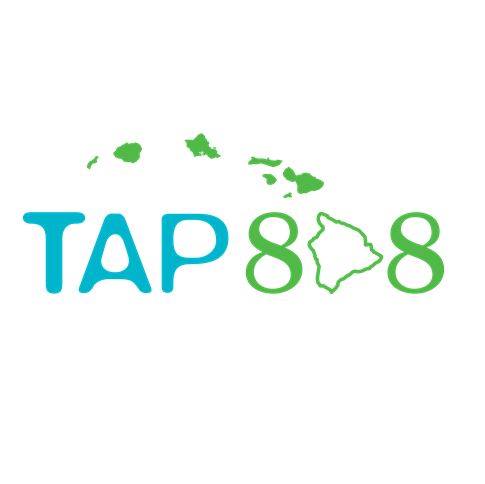Getting Help
If you, a family member or a friend is experiencing Sexual Violence there are people who can help you or give you the information you need to know. Remember, the first step to getting help is letting someone know.
For confidential help or even if you just want to ask a question call the Sex Abuse Treatment Center (808) 524-7273.
How to Help a Friend
Sometimes it’s difficult to know what to say when someone tells you that they have been a victim of SV. What do you do? What do you say? Do you tell someone else or just keep it secret?
The first thing to know is that you may be the only person who knows this information. Just remember that they are telling YOU, simply because they trust you and probably need to get this off their chest.
But it is not up to you to resolve the situation, though, it definitely is an opportunity to assure them that there are people who are willing to help, that they did right thing by taking this first initial step, and encourage them to take action by perhaps telling a trustworthy adult. Remember, it may have taken them a long time to gain confidence enough to tell you…so your role is very important.
Here are some suggestions if you are ever faced with this scenario:
We will safely and calmly deal with this situation.
You are not alone... We will get through this together.
Things will get better now that you let someone know.
I love you... You are an important person to me.
What happened was not your fault.
I’m so proud of you for having the courage to tell.
You have a right to cry and you have a right to be angry.
Lifetime of Consequences
Sexual Violence shapes our physical, emotional and mental health in ways that many of us might never imagine. Sexual Violence alters the life path of many victims, leading them down a road of depression, substance abuse, and high-risk behaviors.
Talk to someone. Get help. You have a right to be safe.
Sexual Violence can impact an individual’s entire life through chronic disease, teenage pregnancy, Post-Traumatic Stress Disorder (PTSD), substance use, obesity, low self-esteem, increase the risk of infectious diseases such as HIV/AIDS and other STI’s, increase the likelihood of having a preterm baby, among many other chronic ailments that may not surface until later in life.
(Adapted from the Hawaii Department of Health Sexual Violence Primary Prevention in Hawaii report)
You have the power to decide when to tell and what to tell.
Getting Help
Sex Abuse Treatment Center (SATC)
24-hour Hotline: (808) 524-7273
Domestic Violence Action Center (DVAC)
Oahu Teen Alert Program Helpline: (808) 531-3771
Neighbor Islands Teen Alert Program Hotline: (800) 690-6200
If you have an Emergency, please call 911.







